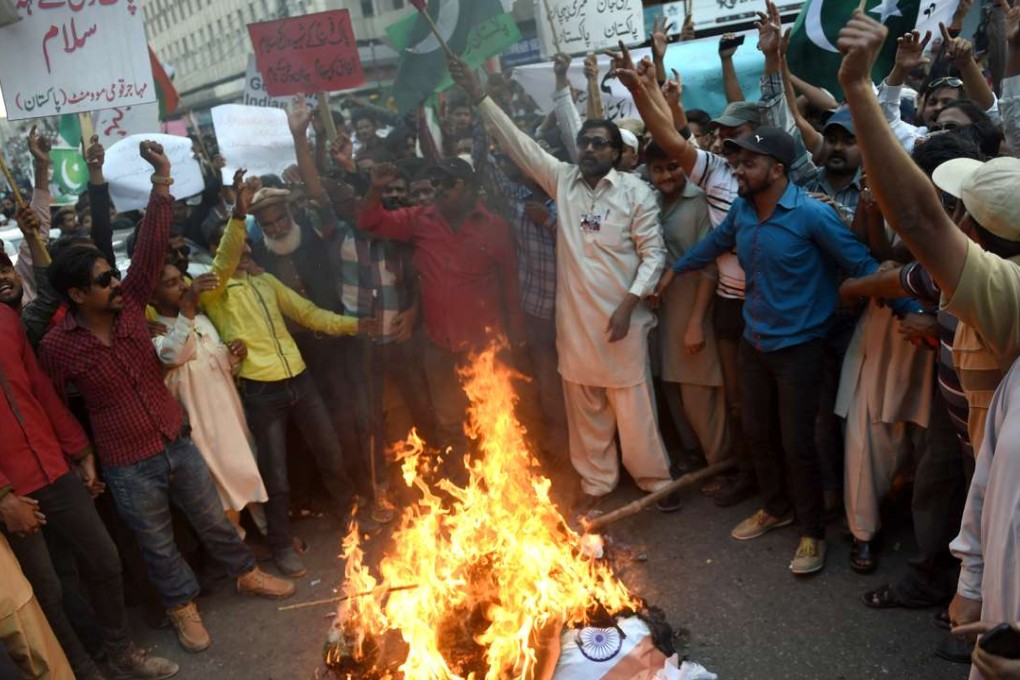How rekindled Sino-Indian tensions are reshaping Asian geopolitics
As New Delhi bridles at Beijing’s refusal to take its security concerns seriously, its erstwhile ally Russia is showing interest in cosying up to Pakistan

After a few timid signs of warming, Sino-Indian relations seem to be headed for the freezer. While Beijing refuses to take Indian security concerns seriously, New Delhi may have decided to take the Chinese challenge head-on. To complicate matters for India, its erstwhile ally Russia, which has become a close friend of China, is showing interest in establishing closer ties with Pakistan.
The latest move that clenches teeth in India is China refusing to lift a hold on Pakistan-based Jaish e-Mohammad chief Masood Azhar, accused of plotting multiple acts of terrorism against India, and blocking him in December from being listed as a terrorist by the United Nations.

Since last March, China has blocked India’s attempts to put a ban on Azhar, under the sanctions committee of the UN Security Council, despite support from other members of the 15-nation body. In response, India has gone beyond expressing dismay by testing its long-range ballistic missiles – Agni IV and Agni V – in recent weeks. Pakistan, aided by China, has also jumped in by testing its first sea cruise missile that could be eventually launched from a Pakistani submarine.
Why is India risking Chinese anger by trying to sell missiles to Vietnam?
China has upped the ante, indicating a willingness to help Pakistan increase the range of its nuclear missiles. China’s official mouthpiece, Global Times, contended in an editorial: “If the Western countries accept India as a nuclear country and are indifferent to the nuclear race between India and Pakistan, China will not stand out and stick rigidly to those nuclear rules as necessary. At this time, Pakistan should have those privileges in nuclear development that India has.”